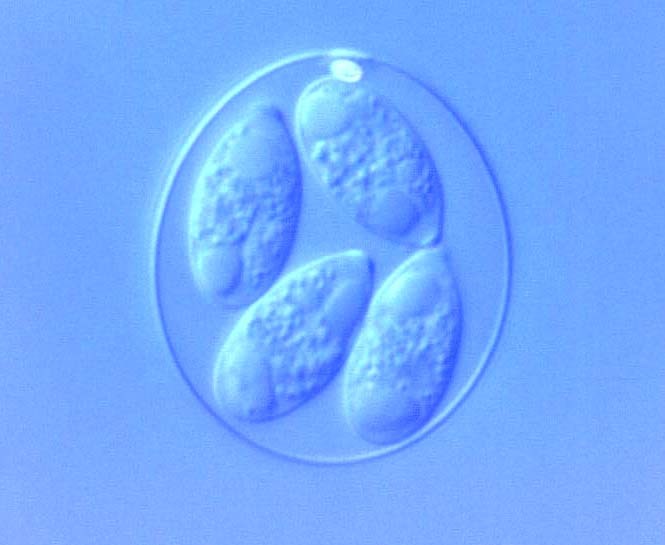Innate immune response protects better against Eimeria tenella

A team at the United States Department of Agriculture showed that broiler breeders with an efficient innate immune response are more resistant to Eimeria tenella.
In previous studies the researchers characterized the innate immune response of 2 parental broiler lines (A and B) and compared their resistance against Salmonella, Enterococcus, and Campylobacter challenges. In all cases, line A was more responsive and more resistant than line B.
In the present study, the researchers sought to determine whether this trend was also observed following challenge with the protozoan parasite Eimeria tenella. In 3 separate experiments, 14-d-old chickens from lines A and B were challenged orally with 15 to 50 ×10(3) E. tenella oocysts. Birds were killed 6 d postchallenge and the ceca was removed and scored for lesions and weight gain compared with noninfected controls.
It was shown that line A birds were more resistant to intestinal pathology as demonstrated by lower lesion scores compared with line B birds. As might be expected, the lower lesion scores in line A chickens were often accompanied by higher weight gain compared with line B chickens, thus reducing potential revenue loss associated with low carcass weights often observed with coccidia-infected birds.
The results from this study showed that in addition to having enhanced resistance against bacterial infections, line A chickens were also more resistant to coccidial infections compared with line B birds. Taken together with all the earlier studies using these lines of birds, an efficient innate immune response protects against a broad range of foodborne and poultry pathogens, including costly coccidial infections.
[Source: Poultry Science. May 2011]












